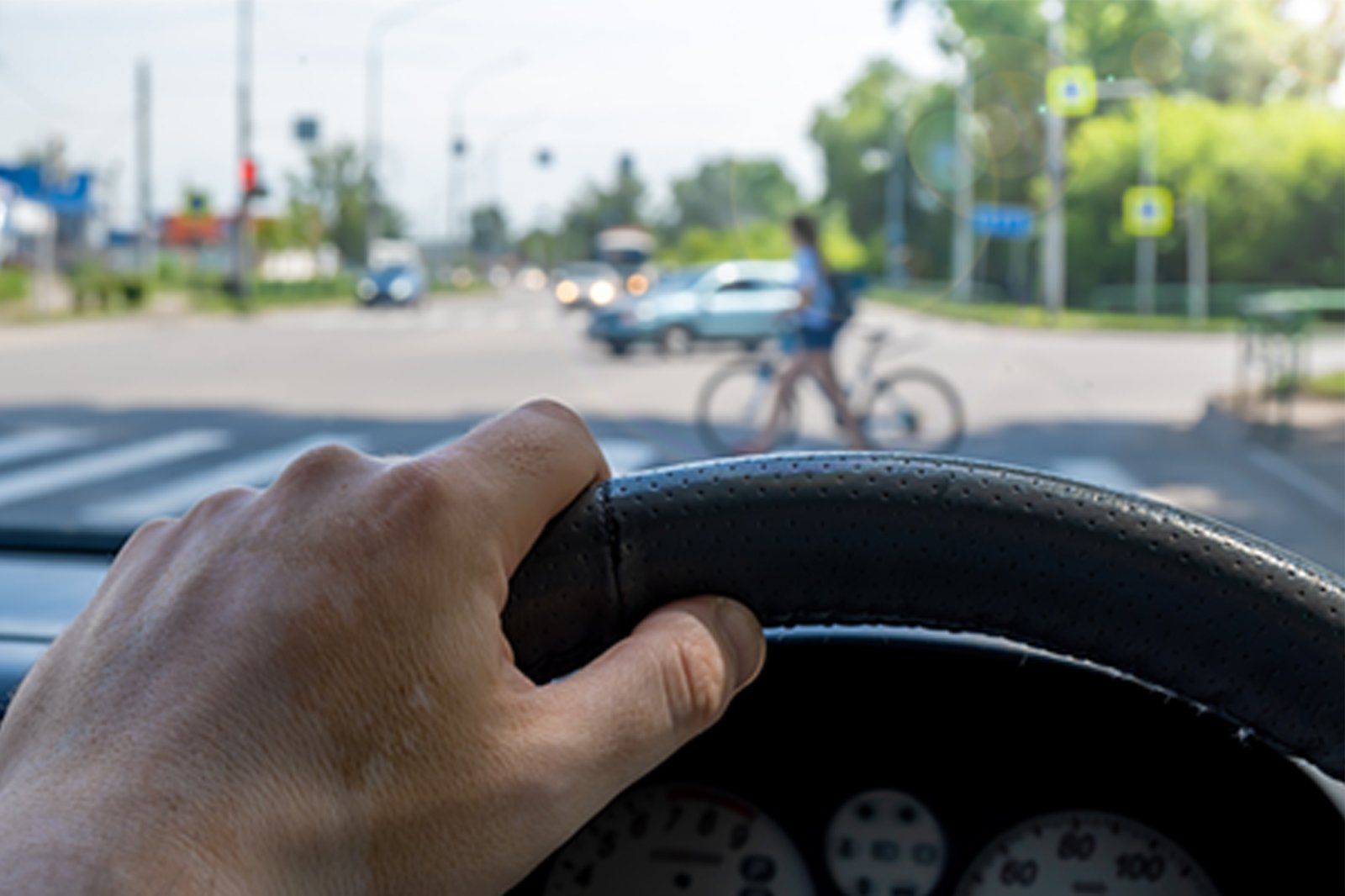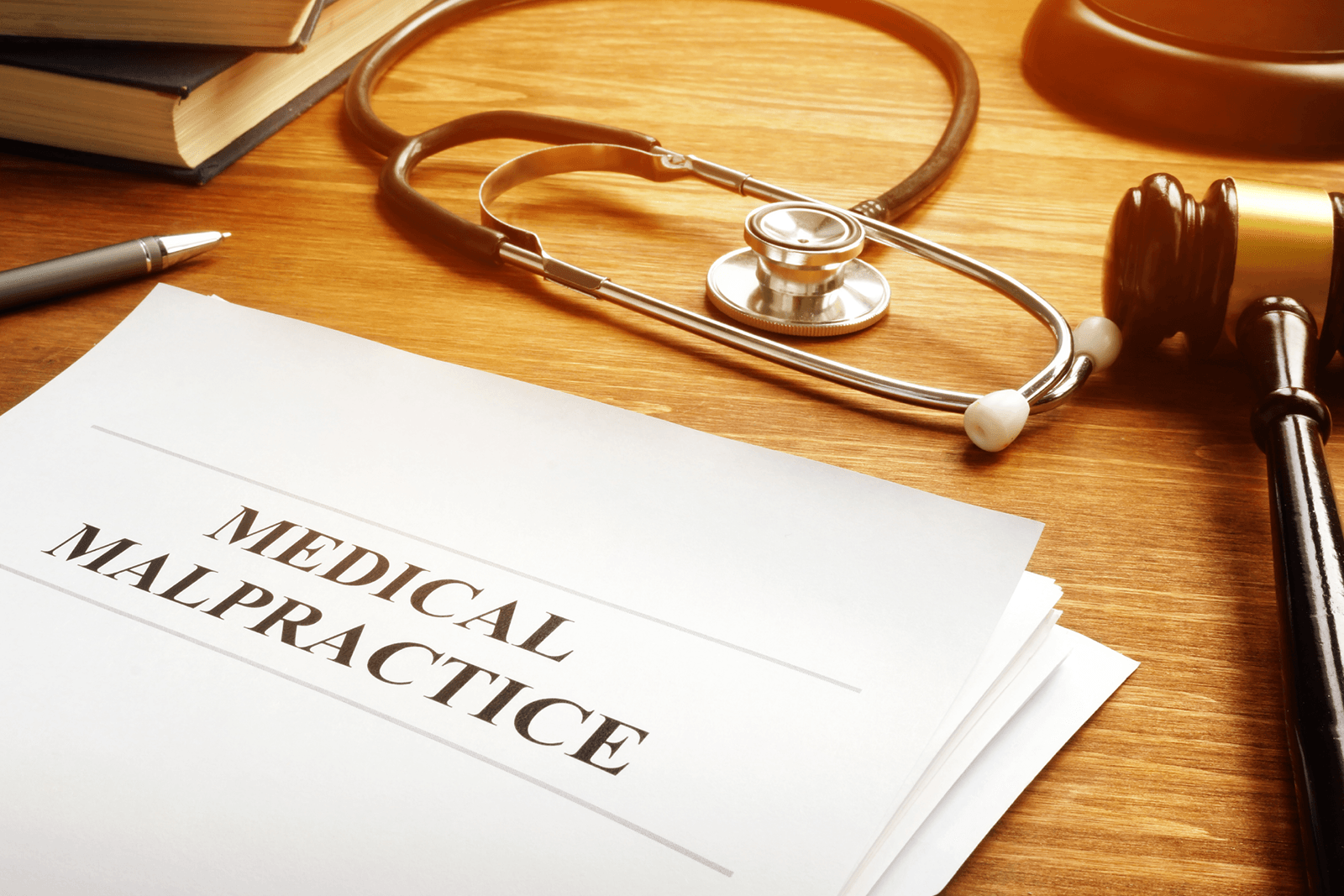Shelter in Place Law/Legal Consequences in Chicago
Many of you probably have not left your house in days as many states have ordered a “shelter in place” order due to COVID-19. As of April 20th, 2020, 42 states had implemented a statewide order, and 3 (Utah, Wyoming, and Oklahoma) have orders in parts of the state. Leaving North Dakota, South Dakota, Nebraska, Iowa, and Arkansas with no implemented stay at home order. When stay at home orders were first implemented, many people took it as a complete “lockdown”, however it is far from that.
As far as Chicago, the stay at home order was announced on March 20th, and put into effect Match 21st at 5 p.m. For the duration of Illinois’ stay at home order, residents will be required to stay at their place of residence, unless it is for essential activities (listed below).
Update: Pitzker has announced an extension for the stay at home order through May 30th, with modifications. These modifications allow for elective surgeries to resume, stores not on the “essential” list to take orders online or over the phone and offer pick-up and delivery, and a phased reopening of some state parks.
However, starting May 1st, any person over two years of age, and able to medically withstand a face mask will be required to wear one when they can’t maintain the six-feet social distancing requirement.
Here is what you can (and cannot) do during the stay-at-home order:
What Is Still Open?
- Emergency City services
- Healthcare facilities
- Grocery stores, and other stores selling groceries and medicine
- Laundry services
- Restaurants (Take-out and delivery only)
- Gas stations and other business essential for transportation (including bike shops)
- Day care centers for employees exempted by the order (only those granted emergency license)
- Transportation
- Financial Institutions
- Hardware and supply stores
- Critical trades
- Mail services
- Educational institutions (implementing six-feet distancing)
- Business with supplies needed to work from home
- Businesses with supplies for essential business and operations
- Home-based care and services
- Residential facilities and shelters
- Professional services (legal, accounting, insurance, etc.)
- Manufacture, distribution, and supply chain for critical products and industries
- Critical labor union functions
- Hotels and motels
- Funeral services
WHAT YOU CAN DO
- Attend religious services (no more than 10 people)
- Go to the city’s public parks and outdoor recreation areas (except playgrounds)
- Other outdoor activities (as long as social distancing protocol is followed)
- Essential activities travel
- Take care of elderly, minors, dependents, persons with disabilities, or other vulnerable people.
- Travel to/from educational institutions to obtain learning material, meals, or related services
- Travel required by law or court order (ex. Transport children due to custody agreement)
- Non-residents can travel to return to out of state residence
WHAT YOU CANNOT DO
- Go to the Lakefront Trail and any other nearby parks, beaches or paths, the Chicago Riverwalk, and Bloomingdale Trail.
- Go to the library
- Conduct or attend any public or private gathering of any number of people outside a single household (except as permitted by the Executive Order)
- Attend places of public amusement such as, amusement parks, carnivals, water parks, aquariums, zoos, bowling alleys, concert venues, and related facilities.
- Travel for any nonessential reason
As time goes on, and we are stuck inside for longer and longer, with no real end in sight to return to normalcy, people are beginning to get antsy, and want to get back to their normal everyday life.
This poses the question:
CAN THE GOVERNMENT RESTRICT MY RIGHT TO ASSOCIATE, ASSEMBLE AND TRAVEL?
As for state and local governments, yes. Per the Tenth Amendment, State and local officials have police powers, which allow them to institute actions in order to maintain public health. Thus, these actions would include, the institution of curfews, quarantines, inspection laws, limitation of gatherings, the ban of people and traffic from the street, ration or price controls on goods, and suspending alcohol consumption. In order to prevent abuse of this power, some restrictions were put in place. First, a health officer will make public health enforcement decisions, if an individual is detained, they have the right to a hearing to determine if confinement is appropriate, and lastly, the power cannot be used for punishment or any other purpose besides public health.
Additionally, as for the federal level, Section 361 of the Public Health Service Act (PHSA), allows the FDA to instill practices to control communicable diseases which includes, detention/conditional release of individuals in order to prevent the introduction, transmission, or spread of communicable diseases. Also allows for the “Application of regulations to persons entering from foreign countries” and “Apprehension and examination of persons reasonably believed to be infected”.
However, if this were to progress into a discriminatory action, where the order would only be imposed on Asian-Americans, then it would be classified unconstitutional.
LAWSUIT IN CHICAGO
On April 23, 2020 Governor Pritzker of Chicago extended the stay at home order that was set to expire on May 1st through May 30th with modifications. This next phase would allow elective surgeries to resume, businesses not on the essential list to take orders over phone and allow pick-up and delivery, and a phased re-opening of some state parks. However, the same day State Rep. Darren Bailey of Xenia filed a lawsuit the same day. This lawsuit claimed that Pritzker was overextending his power by extending the order, after the original order expired on April 9th. A court judge then blocked the extension of the stay at home order by issuing a temporary restraining order – only applying to Bailey. Pritzker has agreed to appeal the case.
WHITESIDE & GOLDBERG, LTD.
If you are an essential worker still showing up every day to do your job and help others, we greatly appreciate the role that you are playing in keeping our country alive. Should you fall ill to the COVID-19 virus, we don’t want you to have to worry about your financial situation on top of everything else. The skilled attorneys at Whiteside & Goldberg, Ltd. are here to help you get the workers’ compensation that you deserve during this difficult and uncertain time.
Whiteside & Goldberg Law Group always offers a free consultation before you make the decision to proceed. You do not have to worry about paying anything upfront to work with an experienced attorney. You never make a payment until they win a settlement for you. As a COVID-19 First Responder, you are more vulnerable to contracting the coronavirus than most. For expert legal advice, call 312-334-6875 to speak to an attorney. Get the professional legal help that you need.
The content of this blog is intended for informational purposes only and does not constitute or establish an attorney-client relationship, nor constitute legal advice. If you wish to discuss any further aspect of the material contained herein, please contact an attorney at Whiteside & Goldberg, Ltd.





